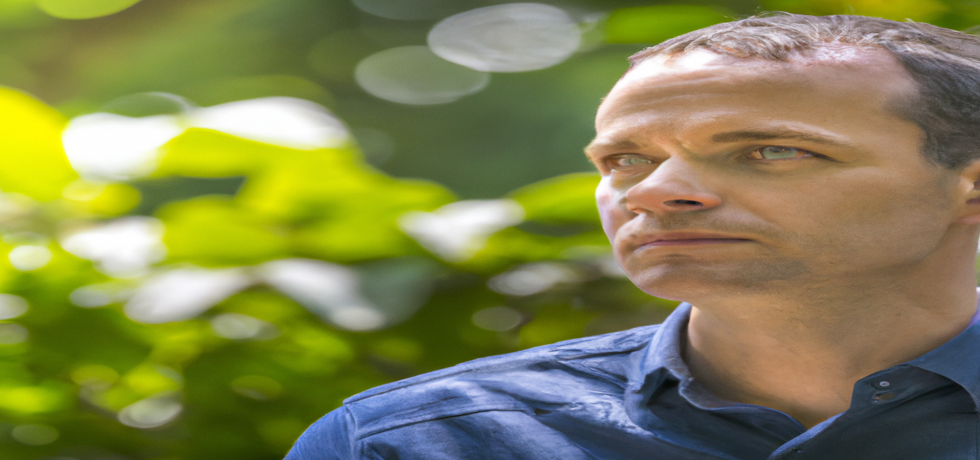
Understanding Testosterone and Hair Loss: The Truth Unveiled
Introduction to the Complex Relationship
The connection between testosterone and hair loss is often shrouded in myths and misconceptions. Many individuals wonder if low testosterone levels cause hair thinning or if high levels of the hormone lead to baldness. As a leading concern among both men and women, understanding this intricate relationship is crucial. This article aims to navigate through the facts, clarify misconceptions, and provide insights into managing hair loss effectively.
What is Testosterone and its Role?
Testosterone is a vital hormone primarily associated with male development but present in both genders. It plays a significant role in various bodily functions, including hair growth. While higher testosterone levels can lead to increased body and facial hair, they can also contribute to hair loss on the scalp due to the conversion of testosterone to dihydrotestosterone (DHT). DHT is a primary contributor to androgenetic alopecia, commonly known as male and female pattern baldness. Understanding how testosterone affects hair follicles starts with recognizing the influence of DHT.
The Impact of Dihydrotestosterone (DHT)
DHT is formed when testosterone interacts with the 5-alpha reductase enzyme. This potent androgen can bind to hair follicle receptors, leading to their miniaturization and reduced hair growth over time. Both men and women can experience heightened sensitivity of hair follicles to DHT based on genetic predisposition, which can accelerate hair thinning. Thus, while testosterone levels might stimulate baldness, its the sensitivity of the hair follicles to DHT that plays a crucial role in whether hair loss will occur.
Does Low Testosterone Cause Hair Loss?
Interestingly, low testosterone levels have not been directly linked to hair loss on the scalp. However, they can influence overall health, leading to conditions like fatigue and low energy, which may impact hair growth indirectly. Individuals experiencing these symptoms might feel like their hair loss is exacerbated by low testosterone; in reality, its often more about genetic factors and DHT levels. That being said, testosterone replacement therapies have been known to impact hair growth positively by optimizing hormonal balance without directly contributing to hair loss.
Understanding Testosterone Replacement Therapy
For those dealing with low testosterone, replacement therapies can be effective. However, there is concern about potential hair loss when testosterone levels increase. Its crucial to note that while testosterone itself doesnt cause hair loss, an increase in DHT levels can happen. The key is to manage the balance. Monitoring DHT levels is as important as testosterone levels in preventing hair loss while undergoing such therapies. Consulting with dermatologists can provide guidance on appropriate treatments, including DHT blockers to minimize adverse effects on hair.
Proactive Steps for Managing Hair Loss
If you’re concerned about hair thinning, there are several proactive measures you can take. First, consulting a dermatologist at The Skin Artistry can help confirm the type of hair loss and its underlying causes. Treatment options may include topical solutions that promote blood circulation to the scalp or medications aimed at blocking the conversion of testosterone to DHT. Additionally, maintaining a balanced diet and considering dietary supplements to support overall hair health can be beneficial.
Conclusion: Empower Yourself with Knowledge
The delicate relationship between testosterone and hair loss can be complex. By understanding the roles of testosterone and DHT, you can better navigate your options for prevention and treatment. If you suspect that hormonal changes are affecting your hair, reach out to knowledgeable experts who can tailor solutions for your specific needs. Take charge of your hair health and consult a professional to explore the best options available.
FAQ
1. Can low testosterone lead to hair loss?
While low testosterone is not directly responsible for hair loss, it can impact overall wellness and thus affect hair health.
2. Does testosterone replacement therapy always lead to hair loss?
Not necessarily. It can, however, increase DHT levels. Monitoring and proper management can mitigate risks associated with hair thinning while on therapy.
For professional assistance and expert advice from leading dermatologists like Dr. Hital Patel, experience the benefits of Understanding Testosterone and Hair Loss with Hair & Skin Specialist Dr. Hital Patel at The Skin Artistry. Our clinics in PDPU Gandhinagar, Vastrapur Ahmedabad and Hyderabad (Visiting Consultant) offer top-quality care and personalized treatments. Visit us today to learn more about our services and take advantage of our special offers! For more insights, updates, or to collaborate, stay connected with The Skin Artistry.


